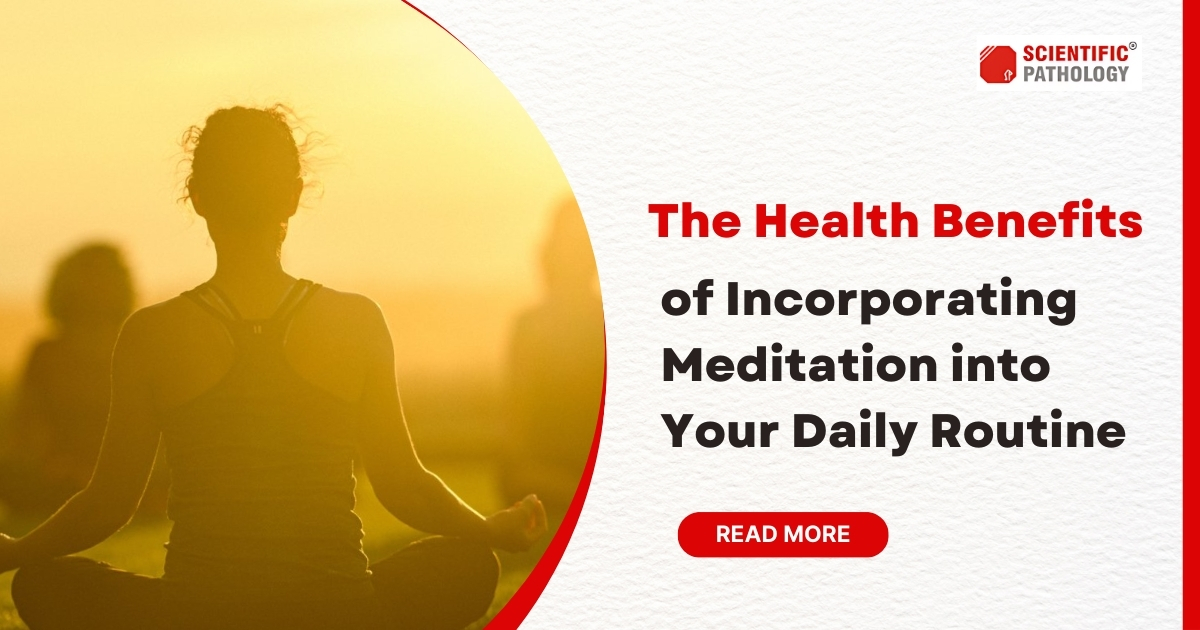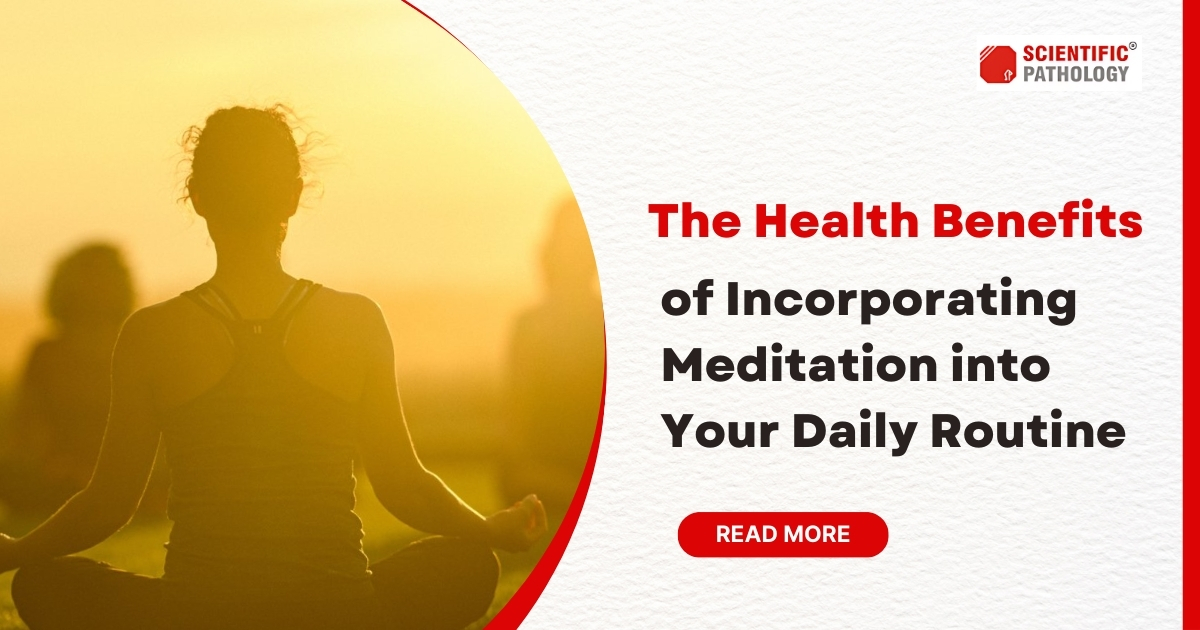The Health Benefits of Incorporating Meditation into Your Daily Routine
The Health Benefits of Incorporating Meditation into Your Daily Routine
Introduction to Meditation
Meditation is more than a centuries-old practice—it’s a scientifically validated approach to improving mental and physical health. Originating in ancient spiritual traditions, meditation has evolved and adapted to modern times, blending mindfulness and breathing techniques with the goal of mental clarity and inner peace. Today, it’s widely embraced across the globe as a tool for reducing stress, enhancing emotional resilience, and promoting overall well-being.
This blog will delve into the transformative power of daily meditation, exploring its core principles, popular forms, and a range of health benefits that can make a meaningful difference in everyday life.
Understanding the Principles of Meditation
1. Mindfulness:
Central to most meditation practices, mindfulness involves observing thoughts, emotions, and bodily sensations without judgment. It’s a skill that teaches you to become fully present, which can help you manage stress and feel more grounded.
2. Controlled Breathing:
By focusing on deep, rhythmic breathing, meditation practitioners can calm the mind and relax the body. Breathing exercises act as an anchor, stabilizing attention and reducing distractions, which in turn can lower heart rate and blood pressure.
3. Mental Clarity and Focus:
Meditation seeks to quiet the mental chatter, offering a pathway to mental clarity. By creating a peaceful, non-reactive mind, meditation helps improve concentration, enhance problem-solving skills, and develop emotional resilience.
Popular Types of Meditation and Their Unique Benefits
1. Mindfulness Meditation
Originating from Buddhist practices, mindfulness meditation focuses on present-moment awareness. Observing thoughts without attachment fosters a balanced mindset and can help reduce symptoms of anxiety and depression.
2. Transcendental Meditation (TM)
TM is practiced by repeating a silent mantra, allowing the mind to settle into a restful yet alert state. Studies show TM can reduce stress, improve mental clarity, and lower blood pressure.
3. Guided Meditation
Led by a teacher or recorded voice, guided meditation uses visualization or affirmation techniques, making it an excellent choice for beginners seeking focus or specific goals, such as relaxation or confidence.
Key Benefits of Daily Meditation
1. Reduces Stress and Anxiety
Meditation is highly effective at reducing stress and anxiety by lowering cortisol levels, the body’s stress hormone. Studies have shown that individuals who meditate regularly experience significant reductions in these hormones, resulting in improved emotional health.
2. Enhances Concentration and Cognitive Function
Meditation has been found to increase grey matter in areas of the brain linked to memory, learning, and emotional regulation. Regular meditation practice can help sharpen focus, improve memory retention, and even boost problem-solving skills.
3. Boosts Emotional Well-Being
Meditation fosters a sense of peace and balance that extends into daily life. By promoting serotonin production, it helps stabilize mood and alleviate symptoms of depression, making it easier to manage emotional challenges with greater resilience.
4. Improves Sleep Quality
A calm mind paves the way for restful sleep. By practicing meditation, individuals often experience improvements in sleep patterns, falling asleep more easily and enjoying deeper, uninterrupted sleep.
5. Supports Cardiovascular Health
Meditation has been linked to improved heart health by promoting relaxation and lowering blood pressure. Research indicates that regular meditation can reduce the risk of heart disease, making it an excellent preventive measure for long-term health.
6. Strengthens the Immune System
Engaging in meditation can boost immune function. Studies show that regular practice is associated with higher immune response markers, potentially reducing susceptibility to illnesses and improving overall immune health.
How to Incorporate Meditation into Your Routine
1. Start Small: Begin with just five minutes each day. This short time commitment can make it easier to build consistency.
2. Choose a Comfortable Space: Find a quiet spot where you can relax and feel at ease, free from distractions.
3. Experiment with Different Techniques: Try mindfulness, guided meditation, or TM to see which style resonates best with you.
4. Use Apps and Resources: Apps like Headspace, Calm, or Insight Timer offer guided meditations and programs for beginners, making it easy to establish a routine.
5. Be Consistent: Aim to meditate at the same time every day, whether it’s morning or evening, to develop a habit that fits naturally into your schedule.
Conclusion
Meditation is a powerful practice with a profound impact on both the mind and body. By setting aside a few moments each day to meditate, you can unlock numerous health benefits, from reduced stress and improved concentration to better sleep and heart health. The journey of meditation requires only a little time and commitment, but the rewards are lasting, offering a pathway to a healthier, more peaceful life.




